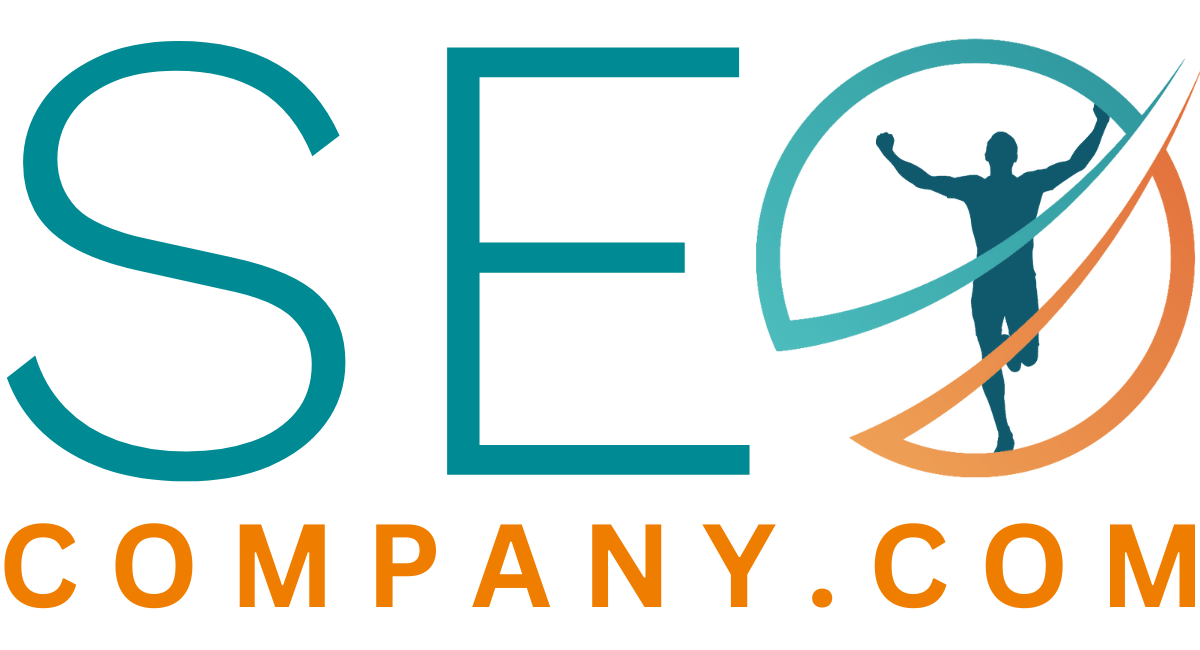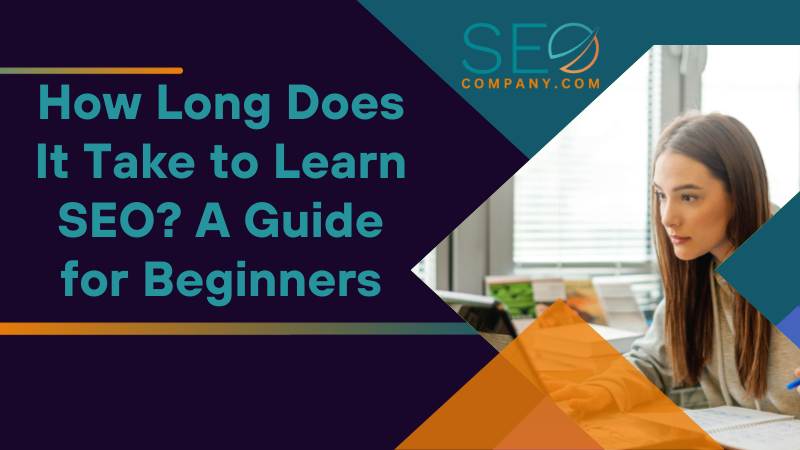
Diving into the realm of search engine optimization (SEO) can be both thrilling and daunting. As a beginner, you may wonder, “How long does it take to learn SEO?” The truth is that becoming proficient in this ever-evolving digital marketing discipline is a journey that requires dedication, curiosity, and persistence. But don’t worry. This comprehensive guide will help you navigate the learning curve and master the essential skills to excel in the world of SEO. Let’s embark on this exciting adventure together!
Key Takeaways
Gaining proficiency in SEO requires time, dedication and a commitment to staying up-to-date with the ever-changing landscape.
Practical tips such as applying techniques to personal projects, analyzing competitors’ strategies, and seeking mentorship from experienced professionals can help accelerate learning.
Essential skills include keyword research, on & off page optimization and technical SEO knowledge.
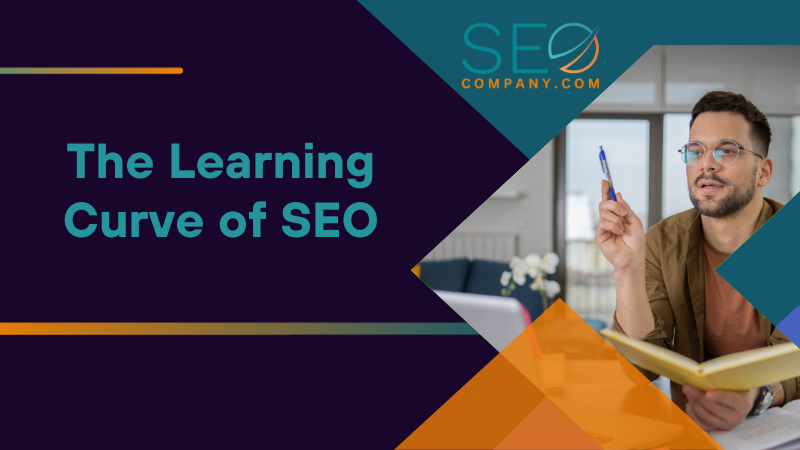
The Learning Curve of SEO
Grasping the learning curve of SEO helps set realistic expectations and allocate the necessary time and effort to master the required skills. The journey from beginner to expert is gradual, with milestones at each level.
Keep in mind the SEO landscape is perpetually in flux, making it vital to continuously learn, adapt, and stay ahead of the curve with ever-evolving search engine algorithms and search engine crawlers.
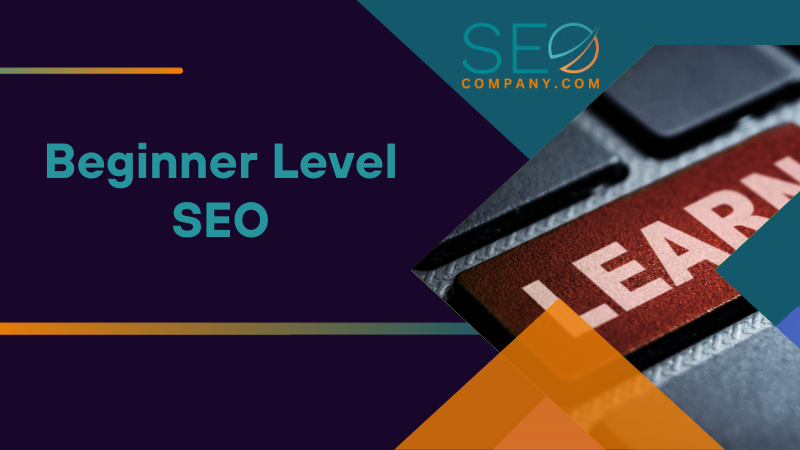
Beginner Level SEO
Embarking on your SEO journey starts with grasping the basics. As a novice, you’ll need to familiarize yourself with search engine optimization, keyword research, and on page SEO. By leveraging essential SEO tools like Google Search Console and Google Analytics, you can monitor your search engine rankings and gain insights into user behavior on your website. Gaining a firm grasp of SEO basics typically takes a few weeks to a couple of months, depending on your commitment and effort.
At this stage, understanding the mechanics of how search engines work and their role in driving website traffic is key. Understanding search engine marketing (SEM) and the difference between organic search results and paid search advertisements will help you make informed decisions as you optimize your website.
To prevent disorientation, construct an action plan and utilize checklists to assist in monitoring your progress at each stage. Remember, Rome wasn’t built in a day, and neither will your SEO expertise.

Intermediate Level SEO
Moving forward in your SEO journey, you will come across more advanced techniques, including technical SEO and link building. At this level, you’ll dive deeper into website performance, crawlability, and security. Ensuring a mobile-friendly website and optimizing the page’s speed are essential tasks to tackle. You’ll also learn about sitemaps, which are structured lists of all pages on a website that are accessible to be crawled by search engines. Mastering intermediate-level techniques may take several months to a year, depending on your dedication and the complexity of the concepts.
This phase requires a focus on practical applications and real-world scenarios. By analyzing competitor strategies and implementing your own, you’ll gain invaluable insights into what works and what doesn’t for search traffic here. This hands-on approach will enable you to enhance your SEO skills further and adapt to the ever-changing landscape of search engine algorithms.
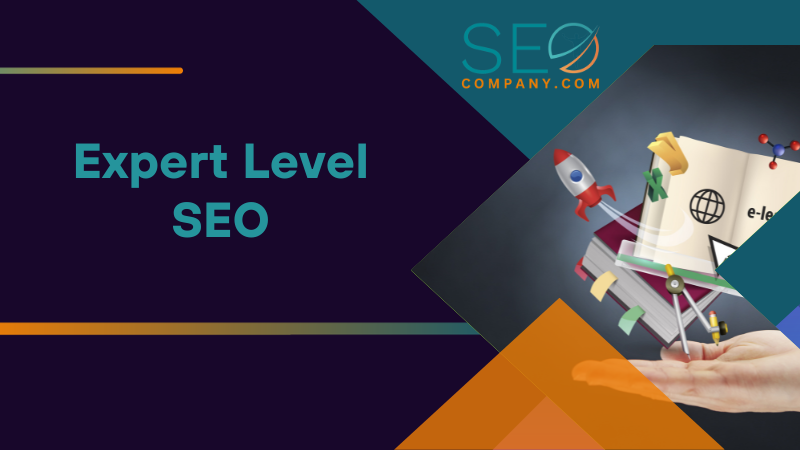
Expert Level SEO
Reaching expert-level SEO proficiency requires years of experience and continuous learning. Along the way to learn and master SEO yourself, you’ll encounter and overcome challenges, adapt to changing search engine algorithms, and stay updated with industry trends. As an expert, you’ll be well-versed in advanced SEO techniques such as content optimization, link building, and technical SEO. Maintaining your expertise necessitates staying informed about the latest industry developments, attending SEO conferences, and engaging with the SEO community.
Becoming an SEO expert means more than just mastering the techniques; it’s about understanding the bigger picture and how SEO fits within an overall digital marketing strategy. This includes leveraging social media marketing, local SEO, and various online marketing channels to drive traffic and conversions. As an expert, you’ll also need to stay adaptable and agile, ready to pivot your strategies and approach as search engines evolve and the needs of your audience change.
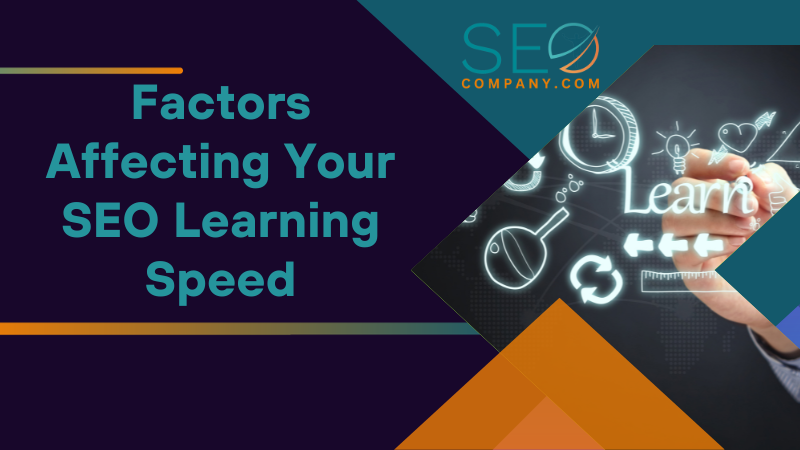
Factors Affecting Your SEO Learning Speed
Various factors, such as personal commitment, prior experience, and the quality of learning resources and methods, can influence your SEO learning pace. Each individual’s learning journey will be unique, with varying levels of dedication, background knowledge, and access to resources.
Understanding these factors allows you to adjust your learning approach, maximize progress, and achieve your SEO goals more efficiently.

Personal Commitment and Time Investment
Personal commitment and time investment play a significant role in determining how quickly you can learn SEO. The more dedicated and focused you are in your learning journey, the faster you’ll acquire the necessary skills and knowledge. Allocating more time to the study of SEO can have a beneficial effect on the rate of learning. Regular effort, time investment, and a readiness to stay abreast of the most recent trends and modifications in SEO can significantly expedite the learning process.
Some practical strategies for expediting the learning process include:
Implementing SEO techniques (especially on page SEO) to personal projects
Examining competitor tactics
Staying abreast of industry developments
Obtaining mentorship and guidance
However, it’s important to remember that SEO is a long-term investment that requires ongoing education and adaptation. Results may not be immediate, but with persistence and dedication, you’ll see improvements in your search rankings and website visibility over time.

Previous Experience and Background
Your previous experience and background in related fields, such as web development or digital marketing, can influence your SEO learning speed. If you have prior knowledge in these areas, you may be able to comprehend SEO concepts more rapidly. Having a foundation in digital marketing strategies and techniques can aid in comprehending the fundamentals behind SEO more readily.
However, even without prior experience, learning SEO with commitment and persistent effort is still feasible. Leveraging your existing skills and knowledge can build a solid foundation for your SEO learning journey. As you progress, you’ll find that your background in related fields will provide valuable context and insights, helping you to make better decisions and implement more effective strategies.

Learning Resources and Methods
The quality and variety of learning resources and methods used can impact your SEO learning progress. Different resources cater to different learning styles and preferences, so finding the ones that work best for you is crucial. Some options to consider include:
Online courses
Blogs
Webinars
Workshops
Networking events
These resources offer opportunities to learn from industry experts, gain practical experience, and stay up-to-date with the latest trends and best practices.
By diversifying your learning resources and methods, you’ll be better equipped to tackle the various aspects of SEO and stay informed about the ever-changing landscape of search engine optimization. Experiment with different resources, and don’t be afraid to ask for help or seek out mentorship when needed. Remember, the journey to mastering SEO is a marathon, not a sprint.
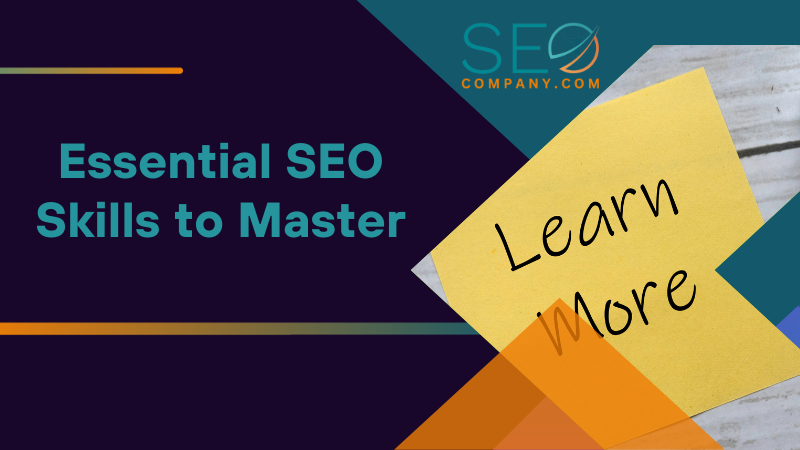
Essential SEO Skills to Master
There are several skills you’ll need to master to excel in the world of SEO. These include keyword research, on-page optimization, technical SEO, and link building and off-page SEO.
By focusing on these core skills, you’ll be well on your way to becoming a proficient SEO professional capable of driving traffic, improving search rankings, and enhancing the online visibility of your website or business, all by mastering the SEO basics.

Keyword Research
Keyword and proficient use of a keyword research tool is the foundation of any successful SEO strategy. By understanding what people are searching for and the terms they use, using a keyword research tool, you can align your content with their needs and improve your search engine rankings.
Effective keyword research involves identifying relevant, high-performing keywords to target in your SEO strategy and understanding search intent and volume.
To conduct keyword research, you can use various keyword tools such as Google Keyword Planner, Semrush, and Ahrefs. These Google search tools provide valuable data on search volume, competition, and related keywords, helping you to make informed decisions about which keywords to target in your content.
By mastering keyword research, you’ll be better equipped to take keyword ideas and create content that resonates with your target audience and drives traffic to your website.
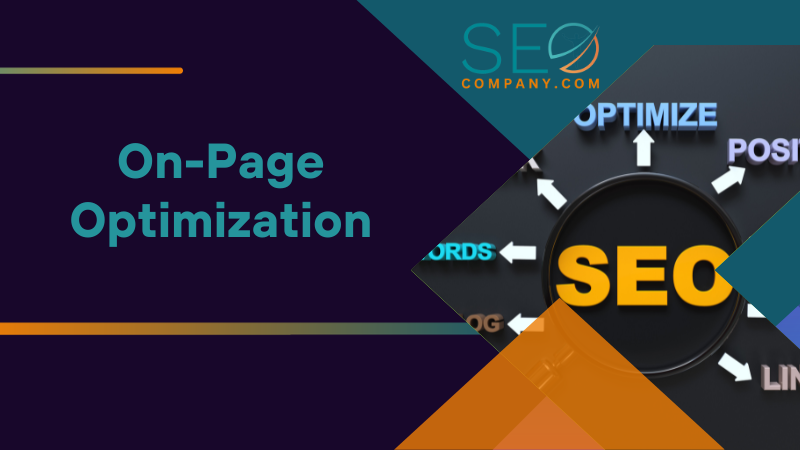
On-Page Optimization
On-page optimization involves optimizing content, meta tags, and other on-page elements to improve search engine rankings. This includes crafting engaging and informative content, optimizing title tags and meta descriptions, and using header tags and alt text to improve accessibility. By focusing on on-page optimization, you’ll ensure that your website is easily discoverable by search engines and provides a great user experience for your visitors.
In addition to optimizing content and meta tags, on-page SEO also involves internal linking and mobile optimization. Internal linking helps search engines understand the structure of your website and can improve the user experience by guiding visitors to relevant content. Mobile optimization is crucial, as the majority of users now access the internet via mobile devices. Ensuring your website is mobile-friendly and responsive will help improve your search rankings and user engagement.
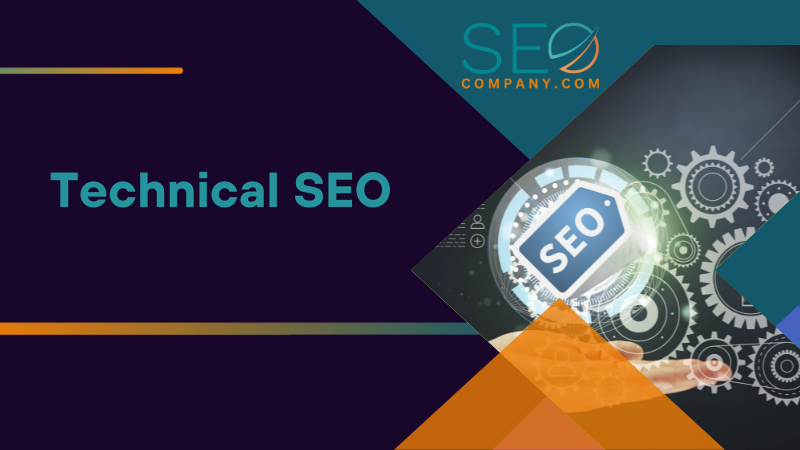
Technical SEO
Technical SEO focuses on optimizing website performance, crawlability, and security to enhance user experience and search engine visibility. This includes improving page load times, ensuring your website is easily crawlable by search engine bots, and implementing secure protocols such as HTTPS. By mastering technical SEO, you’ll create a solid foundation for your website that supports your on-page and off-page SEO efforts.
Some other aspects of technical SEO include:
Optimizing your website’s XML sitemap
Implementing proper URL structures
Ensuring your website is accessible to all users, including those with disabilities
By addressing these technical aspects, you’ll ensure high quality websites, that search engines can easily index and rank your website, and that users can easily navigate and interact with your content.
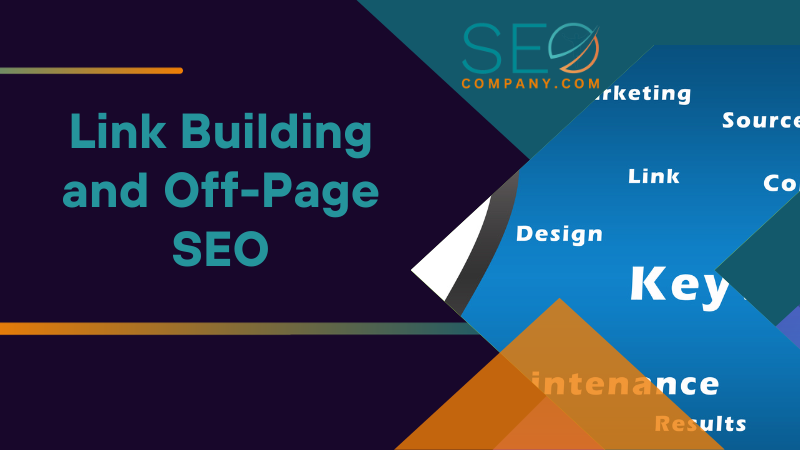
Link Building and Off-Page SEO
Link building and off-page SEO involve acquiring high-quality backlinks and improving your website’s authority and reputation. Backlinks are a significant indication to search engines that your content is robust, pertinent, and trustworthy.
By focusing on link building and off-page SEO, you’ll be able to improve your website’s search engine rankings and visibility. Effective link building strategies include creating valuable and shareable content, reaching out to influencers and industry experts, and engaging with your target audience on social media platforms.
By building high-quality, relevant links to your website, you’ll demonstrate to search engines that your content is authoritative and valuable, helping to improve your search engine rankings and drive more organic traffic to your site.
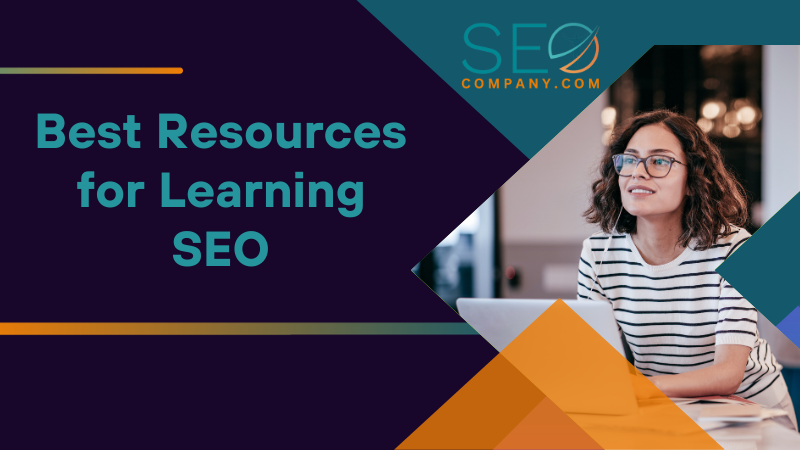
Best Resources for Learning SEO
Proficiency in SEO requires leveraging top-notch resources for learning and keeping abreast of industry trends and best practices. These resources include:
Online courses and certifications
Blogs and articles
Webinars and workshops
Networking and community engagement
By utilizing these resources, you can gain a comprehensive understanding of SEO, learn from industry experts, and stay informed about the latest developments in the field.
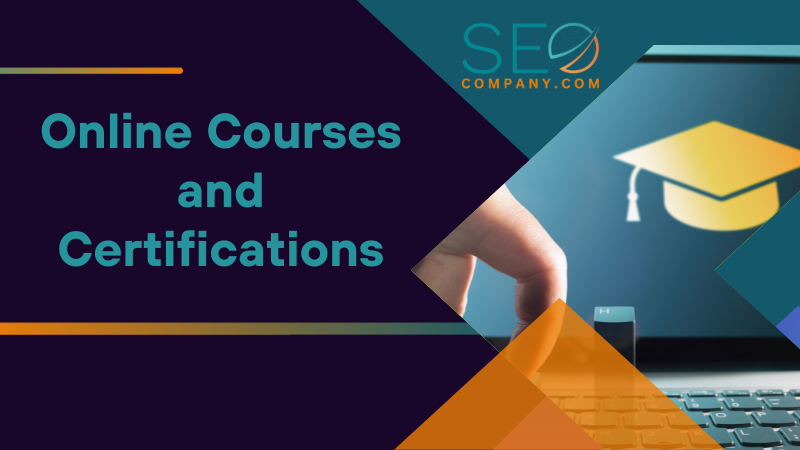
Online Courses and Certifications
Online courses and certifications offer structured learning paths and industry-recognized credentials to showcase your SEO expertise. Some of the most highly-rated online courses include:
These courses provide comprehensive training on SEO techniques and strategies, making them ideal for beginners and experienced professionals alike.
In addition to enhancing your knowledge and skills, earning an SEO certification can also help you stand out in a competitive job market. By displaying your certification on your resume or LinkedIn profile, you’ll demonstrate your commitment to learning and staying up-to-date with the latest SEO best practices, giving you a competitive edge in the industry.

Blogs and Articles
Blogs and articles provide up-to-date information, tips, and strategies for staying informed about the latest SEO trends and best practices. Some popular SEO blogs include:
These blogs offer valuable insights and practical advice from industry experts, helping you to refine your strategies and improve your SEO performance.
By regularly reading blogs and articles, you’ll:
Stay informed about the latest developments in the SEO industry
Learn about new techniques and strategies to implement in your own projects
Gain inspiration for your own content
Discover new ways to optimize your website and improve your search engine rankings.
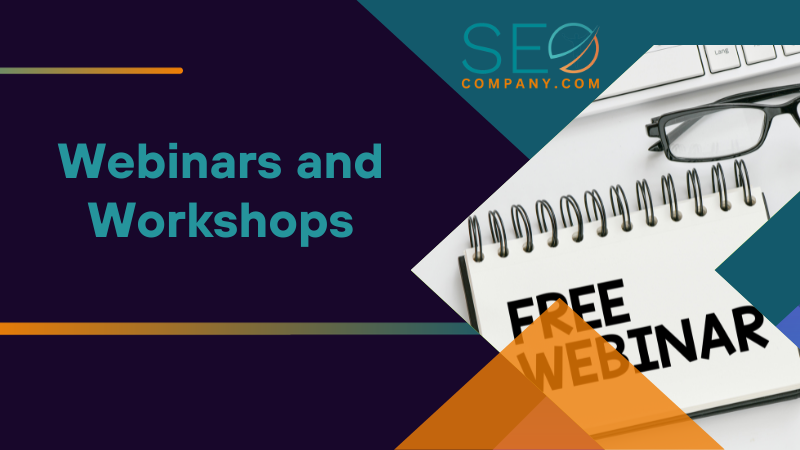
Webinars and Workshops
Webinars and workshops offer interactive learning experiences and opportunities to learn from industry experts. By attending these events, you can gain in-depth knowledge of the latest SEO techniques, tools, and strategies, as well as ask questions and receive personalized feedback. Some popular SEO webinars and workshops include those hosted by Moz, Semrush, and Ahrefs.
In addition to learning from the experts, webinars and workshops also provide opportunities to network with other SEO professionals, share knowledge, and gain insights into real-world challenges and solutions. By participating in webinars and workshops, you can expand your professional network, learn from the experiences of others, and stay motivated in your SEO learning journey.

Networking and Community Engagement
Networking and community engagement are vital components of the SEO learning process. By connecting with other SEO professionals, sharing knowledge, and participating in industry events, you can gain valuable insights and support in your learning journey. Some popular SEO networking events include:
In addition to attending networking events, you can also:
Read blog comments to engage in discussions and learn from the experiences of others
By actively engaging with the SEO community, you’ll be better equipped to tackle the various challenges and opportunities that arise in the ever-evolving world of search engine optimization.
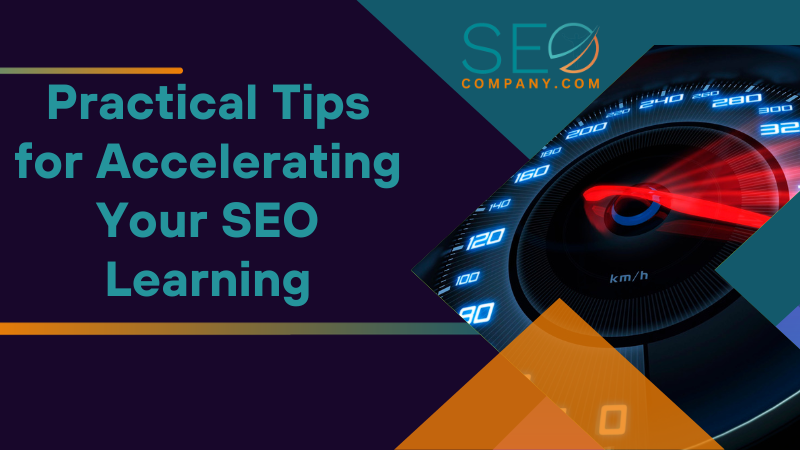
Practical Tips for Accelerating Your SEO Learning
Several practical tips can be incorporated into your daily routine to accelerate your SEO learning. These tips include:
Applying SEO techniques to personal projects
Analyzing competitor strategies
Staying updated with industry news
Seeking mentorship and guidance from experienced professionals
Following these tips can expedite your learning process and make the most of your time and effort.

Apply SEO Techniques to Personal Projects
Applying SEO techniques to personal projects or business websites can provide invaluable hands-on experience and help you learn from trial and error. By implementing SEO strategies on your very own website or projects, you’ll gain a more comprehensive understanding of how SEO works and how different techniques influence search engine rankings and website visibility. This hands-on approach will reinforce your theoretical knowledge and help you develop critical thinking and problem-solving skills.
Moreover, personal projects offer a safe environment for testing and iterating SEO strategies, allowing you to learn from your successes and failures and refine your skills over time. By experimenting with different techniques and analyzing the results, you’ll gain valuable insights into what works and what doesn’t, helping you to become a more effective and efficient SEO practitioner.

Analyze Competitor Strategies
Analyzing competitor strategies can offer valuable insights into the tactics and techniques that are most effective in your industry. By studying the approaches of other successful websites, you can identify gaps in your own strategy and learn from their successes and failures. Some effective methods for analyzing competitor strategies include:
Conducting keyword research
Examining backlink profiles
Evaluating on-page optimization techniques
Monitoring conversion tactics
By understanding what works for your competitors, you can gain a competitive advantage and refine your own SEO strategy accordingly. Moreover, analyzing competitor strategies can help you:
Identify emerging trends
Stay ahead of the curve
Ensure your website remains relevant and high-performing in the ever-changing landscape of search engine optimization.
Stay Updated with Industry News
Staying updated with industry news, algorithm updates, and emerging trends is essential for maintaining current and relevant SEO knowledge. Read our Review of the Best SEO News Sites. By following industry news sources such as Search Engine Journal, Moz Blog, and Search Engine Land, you can stay informed about the latest developments in the SEO field and learn new techniques and strategies to implement in your projects.
In addition to staying informed, staying updated with industry news also helps you:
Anticipate changes in search engine algorithms and user behavior
Adjust your strategies and approach accordingly
Tackle the challenges and opportunities that arise in the dynamic world of search engine optimization
By staying abreast of the latest trends and developments, you’ll be better equipped to navigate the ever-changing landscape of SEO.

Seek Mentorship and Guidance
Seeking mentorship and guidance from experienced SEO professionals can provide invaluable support and insights in your learning journey. Mentors can offer advice, answer your questions, and provide valuable feedback to help you improve your skills and knowledge in SEO. By learning from the experiences of others, you can avoid common mistakes and accelerate your progress in mastering SEO techniques.
In addition to providing guidance and support, mentorship can also offer:
Networking opportunities
Connections in the industry
Collaboration on projects
Exchange of resources
Leveraging each other’s expertise to achieve better SEO results
You can benefit from these opportunities and connections by building relationships with other professionals.
In conclusion, seeking mentorship and guidance can provide a supportive and collaborative environment in which you can learn and grow in your SEO journey.
So, How Long Does it Take to Learn SEO?
Learning SEO is a journey that requires dedication, persistence, and continuous learning. By understanding the learning curve, leveraging the best resources, and implementing practical tips, you can accelerate your progress and become a proficient SEO professional. Stay curious, embrace challenges, and always strive to learn from your successes and failures. The world of SEO is ever-evolving, but with the right mindset and approach, you can master the art and science of search engine optimization and achieve success in your digital marketing endeavors.

Frequently Asked Questions
Is it hard to learn SEO?
Learning SEO can be challenging, especially when starting out with no prior knowledge of search engine marketing. It takes time, effort and persistence to understand the nuances of search engine optimization, but it is achievable if you remain determined.
Can I learn SEO in 10 days?
Yes, with enough dedication and focus, you can learn the basics of SEO in 10 days. However, to land your first SEO job will take 3-6 months.
Can I teach myself SEO?
You can certainly teach yourself SEO! It will take some time and effort, but with the right approach and a good SEO course, you can be on your way to mastering SEO in less than 6 months.
How long does Google SEO course take?
The Google SEO course usually takes one to three months to complete, with up to a year required to fully master the concepts.
What are some essential SEO skills to master?
Essential SEO skills to master include keyword research, on-page optimization, technical SEO, and link building and off-page SEO.
